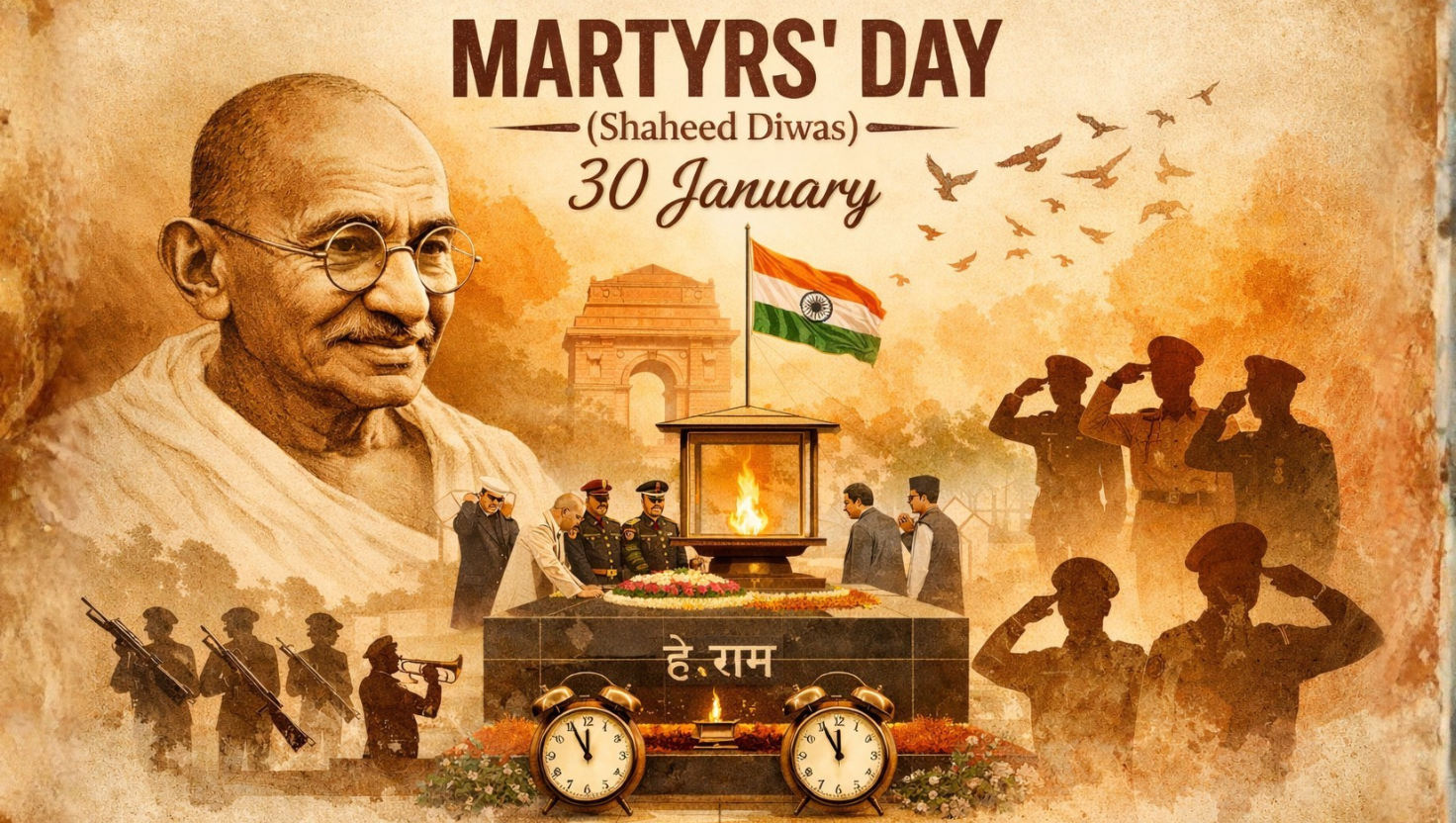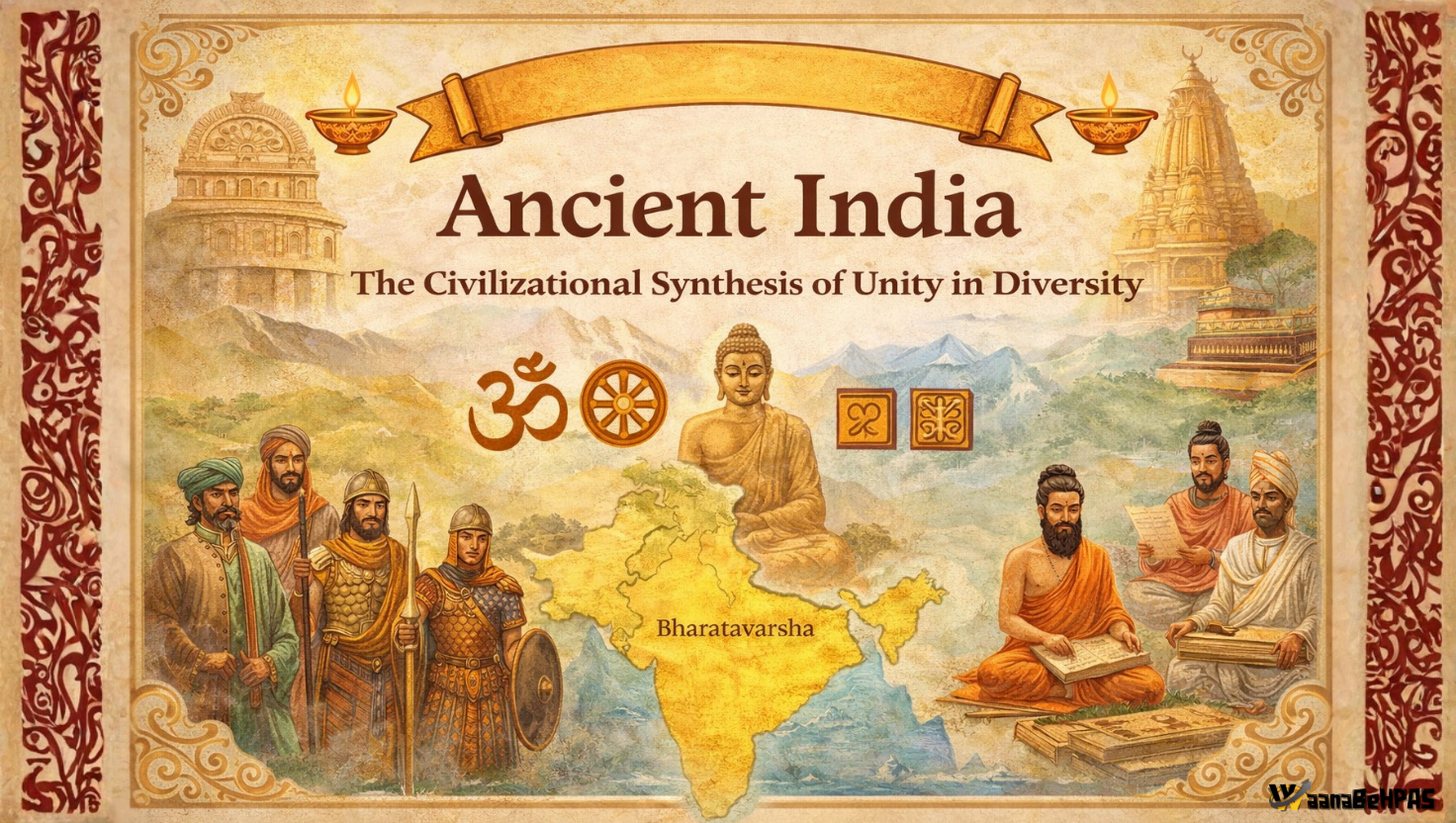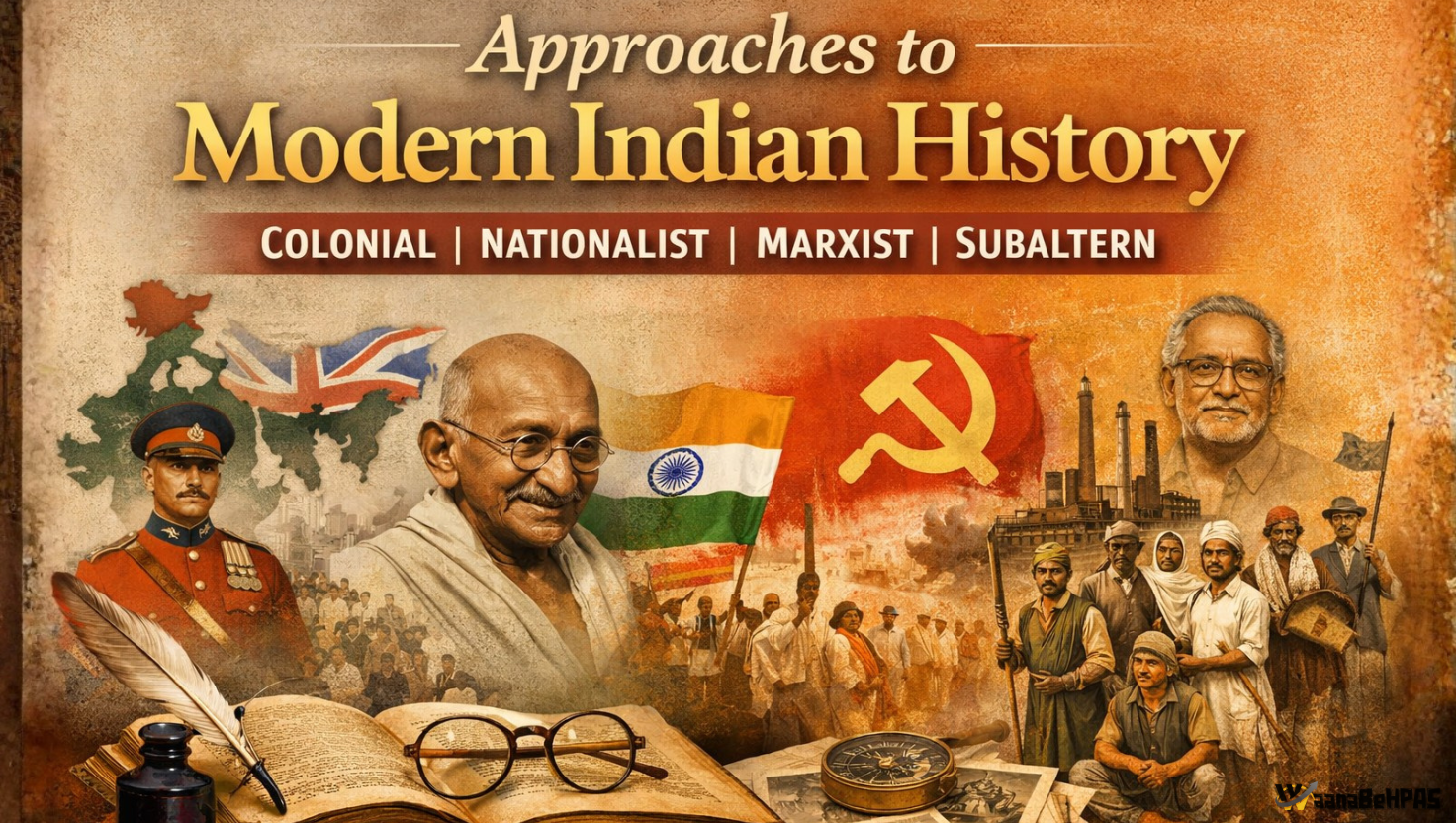UK Passes Law Allowing Assisted Dying for Terminally Ill Adults
Exam Relevance: Ethics GS IV (UPSC)
Source: The Hindu
Why In News:
The UK Parliament has passed the Terminally Ill Adults (End of Life) Bill in the House of Commons. This law allows adults in England and Wales, who have less than six months to live, to choose assisted dying under strict conditions.
About the Terminally Ill Adults (End of Life) Bill
- What is it?
A new law that allows terminally ill adults to legally end their life with medical help. - Where is it applicable?
England and Wales. - Who qualifies?
Only patients with less than six months left to live. - What are the conditions?
Approval is needed from:- Two doctors
- One psychiatrist
- One senior lawyer
- One social worker
What is Euthanasia?
- The word comes from Greek, meaning “good death”.
- It refers to ending a person’s life to relieve them from unbearable pain or incurable illness.
Types of Euthanasia:
- Active Euthanasia:
A direct action is taken to end life (like giving a lethal injection).
Example: Administering fatal drugs to stop suffering. - Passive Euthanasia:
Life-saving treatments are stopped or not given.
Example: Removing life support. - Voluntary Euthanasia:
The patient willingly asks for euthanasia.
Example: A terminally ill patient requests to end life. - Involuntary Euthanasia:
Life is ended without the patient’s permission.
This is considered illegal and unethical.
Ethical Debate on Euthanasia
Arguments in Favour:
- Personal Freedom: People should have control over their own death.
- Compassion: Helps end extreme suffering.
- Dignity: Allows a peaceful and respectful end to life.
- Relief for Families: Reduces emotional and financial burden.
- Better Use of Resources: Focuses medical care on patients who can recover.
Arguments Against:
- Value of Life: Taking life, even to stop pain, goes against moral and religious beliefs.
- Risk of Pressure: Elderly or disabled people may be forced to choose death.
- Alternatives Exist: Pain can often be managed with proper care.
- Fear of Misuse: Laws might be abused, risking innocent lives.
- Trust in Doctors: Euthanasia may damage the role of doctors as life-savers.
Important Court Judgements in India
- Gian Kaur v. State of Punjab (1996):
Said that the “Right to Die” is not part of the Right to Life (Article 21). - Aruna Shanbaug v. Union of India (2011):
Allowed Passive Euthanasia in certain cases under strict conditions. - Common Cause v. Union of India (2018):
Recognised the Right to Die with Dignity. Allowed Advance Directives (living wills) for terminally ill patients.
Two Philosophical Views on Euthanasia
- Antoine de Saint-Exupéry:
Believed that life should be meaningful, not just long. - Hans Jonas:
Warned that technology should not reduce our respect for natural life and death.
Famous Quotes:
“It is not death that a man should fear, but he should fear never beginning to live.” — Marcus Aurelius
“To die will be an awfully big adventure.” — J.M. Barrie, Peter Pan
Conclusion:
The global debate on euthanasia reflects the challenge of balancing personal choice, ethics, and medical responsibility. As laws evolve in different countries, India too must tread carefully—ensuring compassion, dignity, and strong legal safeguards. Public understanding and judicial guidance will be essential in shaping a fair and humane policy.











